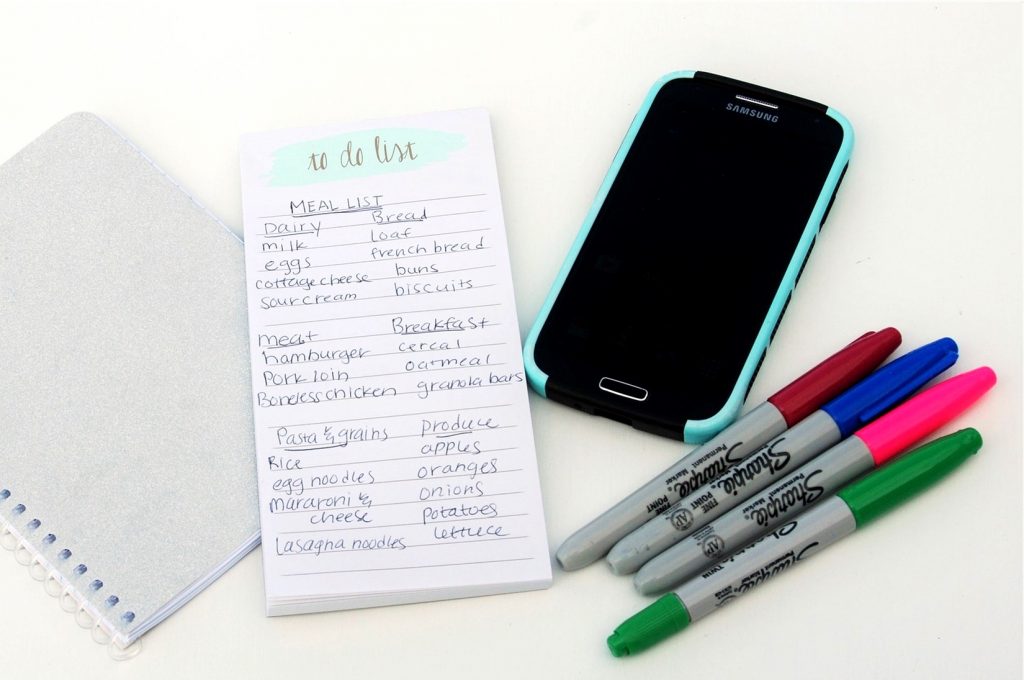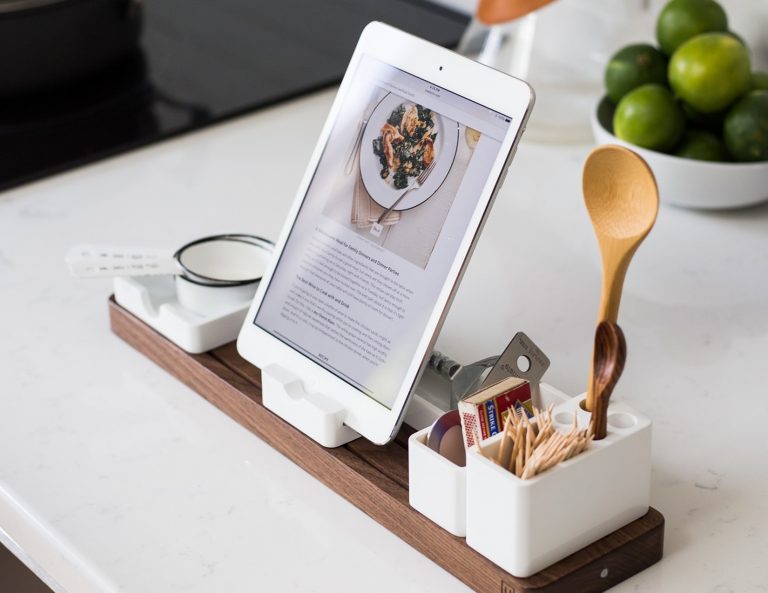by Chrissy Roshak
May 13, 2020
The past couple months have been stressful as unemployment has skyrocketed nationwide and jobseekers are struggling to pay rent. Money is about the last thing most of us want to focus on. But taking the time to get your finances in order and trim your budget could actually reduce your stress and help you feel more in control during this uncertain time. We’ve put together a few tips below to help you focus your efforts:
Review your bills to trim your budget
Make a list of the bills you pay each month and note how much you spend on each one. You might have more control over this right now than you think. Some lenders are offering to delay or reduce payments. Others are offering special deals. Start contacting these lenders and ask if they can help you out:
- Rent / Mortgage – WA state has a moratorium on evictions in place, but most of us still owe rent or mortgage payments. You can contact your landlord or lender and ask if you can delay or reduce your payments.
- Student Loans – if you have federal student loans, they have probably already been put on administrative forbearance at 0% interest through September. Login to your lender’s website for details. If you have private loans, contact your lender to discuss your options.
- Credit Cards – contact each company to discuss your payment options.
- Cell phone – some providers are offering special deals to help people stay connected. Contact your provider to discuss your options and any available deals. It’s also a good time to review your bill and remove any features you aren’t using and question any fees that don’t look right.
- Internet & Cable bills – you can almost always negotiate your cable bill. Just give them a call and ask what they can do to ease your monthly bill. It’s also a good time to remove any features or channels you’re not using.

- Car insurance – if you haven’t reviewed your policy lately, now is an excellent time to do it. Since people are driving less, insurance companies are paying less benefits and many are willing to pass those savings on to you. Contact them to find out. It’s also a good time to review your policy and remove any features you no longer need.
- Medical bills – medical bills may be negotiable. This one can be time consuming, but often worth the effort to try to negotiate.
- Utilities – your utility company may be able to setup a payment plan to help ease your budget.
Cut Back on Spending
Review the other areas of your monthly budget and identify the things you can cut back on. Here are some things that might fall into that category:
- Childcare – with daycares closed, you might have already trimmed childcare out of your budget for now.
- Subscriptions – Make a list of any subscriptions or memberships you have. Online memberships you rarely use could be a great place to trim your budget. Or you could contact them to see if they can put your account on hold for a period of time.
- Gym memberships – Check with your gym to to see what your options are. WA has directed gyms to allow members to cancel at any time. But if you want to keep your membership, check with your gym to see if you can put your account on hold.

- Entertainment – If your entertainment budget usually goes to movie theaters and concerts, you’ve probably already cut this one. But it’s worth reviewing if your spending typically goes to books, video games, or other types of home entertainment.
- Eating out – If most of your meals come from restaurants, this one might be tough. See below for meal planning tips to trim your food budget.
trim your budget with smarter spending

Now is a good time to assess the items you’re buying each month. Are there any monthly purchases you can temporarily cut out of your budget? If you love buying new clothes, try to shop your closet first, and ask yourself if that new pair of pants can wait until next month. Groceries are still a must, but you might be able to shave a little off your spending here too. Try these tips for groceries:
- Make a family grocery list – try a free app to handle this one. Add items to your list throughout the week and try to cut your grocery trips down to once a week or even once every 2 weeks. Then, before you go shopping or place a delivery order, check to see if you already have the items on your list and remove the ones you don’t need.
- Review your grocery list – Check for items you can live without. Trim your budget by cutting out grocery items you don’t use, don’t need, or can substitute with items you already have.
- Compare prices – It’s often cheaper to buy the store brand instead of a name brand, but check the price first. If a brand name is on sale, it may be the cheaper option.
- Check bulk prices – Sometimes it’s worth it to buy items in bulk. If it’s an item you use frequently and the price per item is cheaper when you buy in bulk, go for it. But if it’s an item you rarely use or can live without, it’s not a good deal.
- Focus on foods that will last longer – Shelf stable foods and those that can be frozen will allow you to buy more up front (possibly in bulk) and reduce your number of trips to the store. Rice, beans, and pasta are shelf stable and things like bread and cheese freeze well. But limit these items to things your family will actually eat. Buying a giant bag of lentils is a waste of money if your family won’t eat them.
- Stick to your list – Limit the number of items that end up in your cart that weren’t on your list. If you didn’t need it when you put your list together, you probably don’t really need it. Add it to your wish list for next time. Or better yet use a grocery pickup or delivery service to eliminate the temptation.
- Make a wish list – This is where you should list everything you want that doesn’t fit your budget right now. This dream list is something you can come back to when we get through this pandemic. It’s also a list you can look at and pat yourself on the back for all the things you saved money on not buying right now.
Trim your budget with Meal Planning
If you’re used to eating out for most of your meals, or shopping daily for the ingredients of the meal you’re craving that day, meal planning might be a brand new skill that can help you trim your budget. Here are some basic tips to get you started:
- Try a meal planning app to make this task easier. Apps like Mealime will let you select weekly meals, prepare a grocery list of ingredients for you, and can even connect with Instacart to help you order your groceries.
- Look for recipes with basic ingredients – Now is not the time to invest in exotic spices or try to track down unusual cuts of meat. Look for recipes that have common, inexpensive ingredients. Don’t be afraid to substitute ingredients if you have something similar on hand. (A quick Google search can usually help you figure this out).

Stay tuned for a blog post next month with more detailed tips on meal planning!
Check out our other blog posts for more useful tips and tricks!

